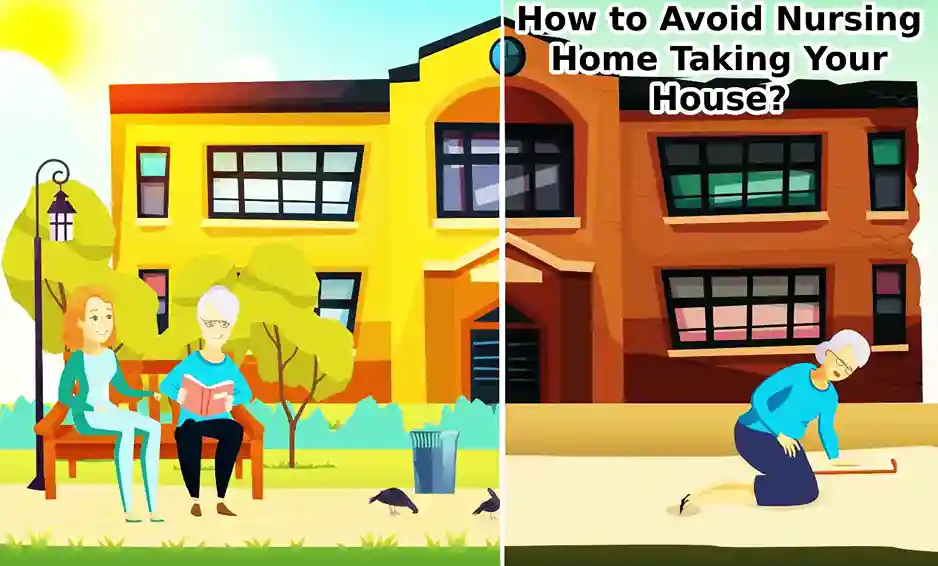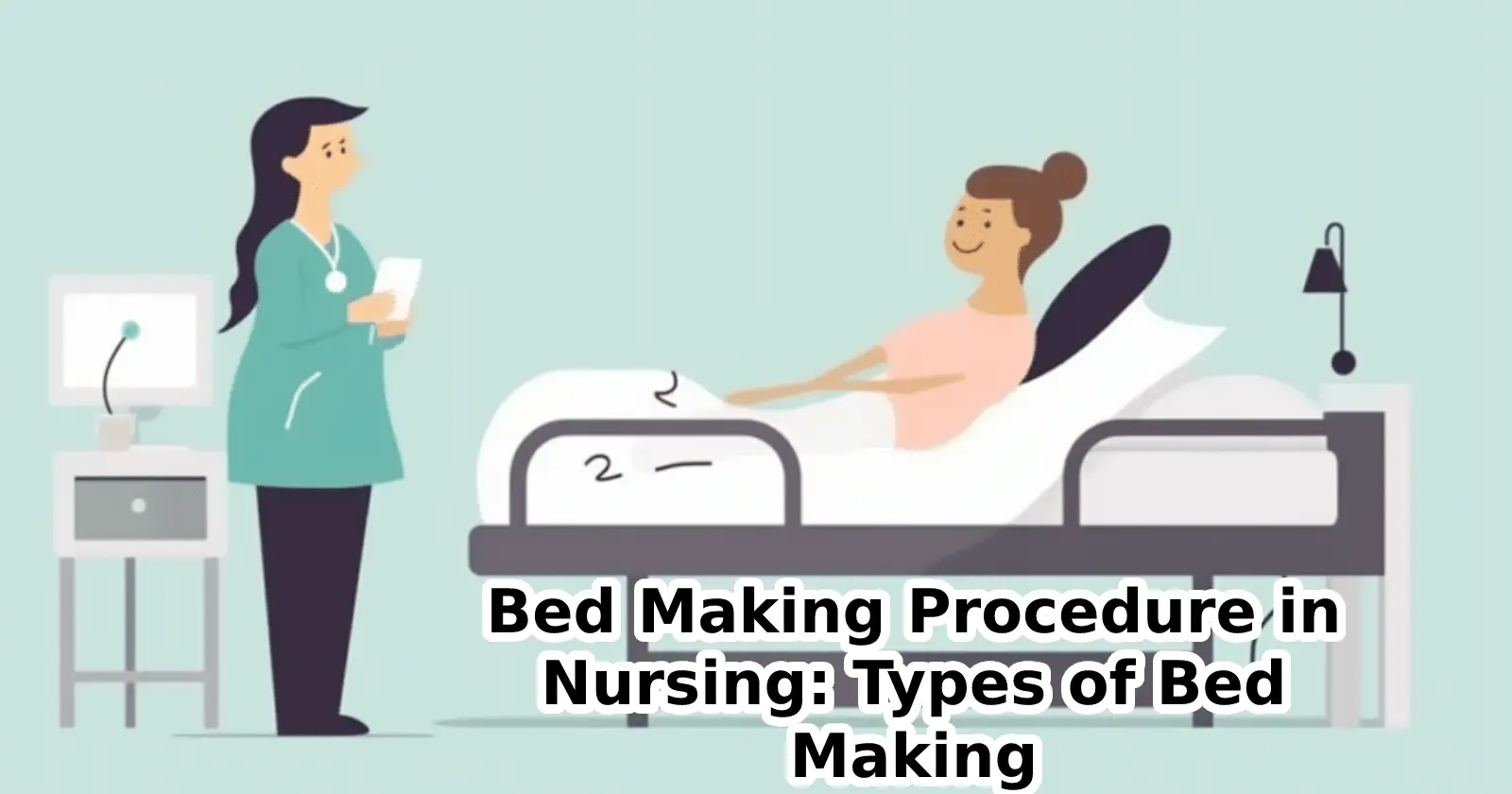How to Avoid Nursing Home Taking Your House: Life is unpredictable, despite all the healthy eating and enough sleep, there is a high chance that you or your nearest one may require nursing home services. Senior citizens over 65 years have an 80% chance of needing healthcare services.
The average cost of a semi-private room in a nursing home is around $8000 and $9034 for a private room. This amount is so high that a senior may have trouble repaying even from his entire savings. So, what happens if you do not have enough money to cover nursing home costs? The state government may offer a Medicare program to cover these expenses.
What is the Medicaid Estate Recovery Program?
The federal government has launched the Medicaid Program for people from economically disadvantaged backgrounds. Through this program, an individual can cover nursing home expenses. Through the Medicaid Estate Recovery Program, the government can file a claim to collect an individual’s assets like a home, investments, vehicles, etc when they die.
Can a Nursing Home Take Your House?
Generally, nursing homes can not take an individual’s home. However, people who use Medicaid to cover nursing home expenses are at risk of their homes being seized by the government upon their death to cover the expenses. If a person pays some or all nursing home expenses through Medicaid, the government can seek repayment upon their death through the Medicaid Estate Recovery Program (MERP). Are you afraid of How to Avoid Nursing Home Taking Your House? Luckily, there are some ways to avoid a nursing home from taking an individual’s home.
How to Avoid Nursing Home Taking Your House?
If you use the Medicaid Program to pay your nursing costs, the government may be able to collect assets including a home to seek repayment. Here are a few ways you can follow to protect your home from being taken.
01. Purchase Long-Term Care Insurance
The main purpose of Long-Term Care Insurance is to cover care expenses such as home health care, assisted living facilities, nursing homes, adult daycares, etc. If someone has this insurance and requires care services to help with activities of daily living, they can avail of a certain amount under the policy such as $4500 per month to cover expenses.
02. Transferring Ownership Of the Home
If you are not in a financial situation to care for your parents, you may need to rely on Medicaid assistance to cover nursing home costs. However, the government can file a claim under the Medicaid Estate Recovery Program to collect an individual’s assets. To protect your home, you can transfer ownership of your home to your child or a family member.
However, the government will look at 5 years of the individual’s financial transactions during the program’s application process. If the government finds any transactions that violate the program’s rules, they will be rejected from the program. To avoid disqualification from Medicaid, an individual would need to sell or transfer their assets at least 5 years before applying.
03. Choose Home Health Instead
Nursing homes provide the most expensive type of care, costing an average of $8000 to $9034 per month, while in-home care ranges from $4950 to $5150, which is cheaper. To save money, children can hire an in-home care provider to care for their parents. By doing this, you can save more money and protect your home from being taken away.
04. Pay With Your Life Insurance Policy
You can pay your nursing home care expenses with your life insurance policy. Depending on the policy type, you may be able to sell your life insurance policy for up to 60% of the death benefit. By doing this, you can pay your nursing home expenses instead of relying on the Medicaid Program and risking your home being taken away.
05. Create a Medicaid Asset Protection Trust
When you join the Medicaid Program, you can work with a lawyer to transfer your assets into a Medicaid Asset Protection Trust (MAPT). In doing so a trustee controls all the rights of the trust. For a home, Medicaid recipients can access income from the home by renting it. This may work well if the Medicaid recipient has a spouse or beneficiary who wants to stay at home and not go to a nursing home for several years.
Conclusion
If you are thinking about How to Avoid Nursing Home Taking Your House? I hope this article will be helpful for you helpful for you. However, you should always seek professional advice to make an informed decision.
Frequently Asked Questions (FAQs):-
01. What are the Disadvantages of Living in a Nursing Home?
Ans: There are some disadvantages of living in a nursing home such as nursing homes being expensive, nursing homes can be depressing, etc.
02. How to Avoid Nursing Home Taking Your House?
Ans: To avoid a nursing home taking your house, you can transfer ownership of the home, purchase long-term care insurance, create a Medicaid asset protection trust, etc.
03. What is the Medicaid Estate Recovery Program?
Ans: It is a government program through which the government can file a claim to collect an individual’s assets like a home, investment, vehicles, etc when they die.
04. Do Nursing Homes Take Your Assets?
Ans: In general, nursing homes can not take an individual’s home.




